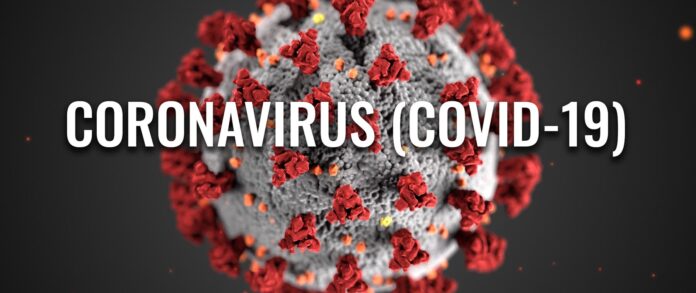A REPORT issued by the Irish Refugee Council has shown that 55% of respondents in the Direct Provision system feel unsafe, while half are unable to socially distance themselves from other residents.
It also said that 42% shared a bedroom with a non-family member and 46% share a bathroom with a person or persons from outside their family.
Bulelani Mfaco, a member of the Movement of Asylum Seekers of Ireland, lives in the Direct Provision centre at Knockalisheen in Meelick and he said he is not surprised with the findings. “We’ve been raising these issues since March really that people feel unsafe. We are still sharing bathrooms in Knockalisheen, still having to use communal toilets. We all have to go and get our food in the canteen, we all have to use the same tea making facilities. You have to queue for meals three times a day in the canteen.”
It is unsurprising to him that Direct Provision centres have seen clusters of Covid-19 because public health advice could not be followed in them. “A lot of the guidelines that were issued were very difficult if not impossible to adhere to in many Direct Provision centres in which people have to share intimate living spaces. If you look at the Direct Provision centre where there have been outbreaks of Covid-19, it’s easy to see why there would have been outbreaks, because in all of the centres with outbreaks people were sharing intimate living spaces such as bedrooms, bathrooms, communal showers and canteens with non family members from around the world.”
He said that while Covid-19 hadn’t been found at the Centre in Meelick, there had been an outbreak in a centre just a few miles away in Limerick City.
Despite the new report, which shows Direct Provision centres are wide open for the transmission of the disease, he isn’t confident that the situation will be rectified any time soon. “I wouldn’t be surprised if they didn’t take any action because we asked them earlier on, at the start of the pandemic, to give single people single rooms and families self contained units. They refused to do that, they said it wasn’t within their gift to do that, they didn’t even try. The Dublin Regional Homeless Service found properties to ensure that single people had their own self contained units and weren’t sharing with strangers, but the Department of Justice refused to do that. The only thing they did was to reduce overcrowding.”
While some steps have been taken on overcrowding, he says it is by no means resolved. ” If you think about the new Direct Provision centre in Ennis, they had seven men in one bedroom before the pandemic. Then they started moving some of them during the pandemic to other Direct Provision centres and new hotels that the Department of Justice had contracted. I think some went from Ennis to Galway but the problem was that when they moved them they were still sharing bedrooms and other spaces, so it didn’t solve the problem. Similarly when there are outbreaks now in Kildare and Portlaoise, all the people in those centres were sharing intimate living spaces and it was very difficult to avoid infection. Three of the men who tested positive were all in one room, with barely a metre between beds. When they tell you to keep two metres apart it’s not possible.”
There is evidence of children in Direct Provision picking up the disease even when it isn’t present in the other members of their family, which indicates they got it in the Centres they lived in. “The only private space they would have as a family is one tiny bedroom that they all have to share. Otherwise, as soon as they step outside the door it’s into a communal space that is shared by as many as 200 other people.”
At the moment there is a lot of fear among asylum seekers and a feeling that they cannot take the steps required to protect themselves. It’s very stressful for people who have been in isolation and are now coming back to Direct Provision centres because they are worried that they might get it again and be returned to self isolation for another 14 days. The Department of Justice are transferring people up and down the country, even from places that have positive cases of Covid-19 so you can imagine people are frightened.”
Owen Ryan
Owen Ryan has been a journalist with the Clare Champion since 2007, having previously worked with a number of other publications in Limerick, Cork and Galway. His first book will be published in December 2024.



